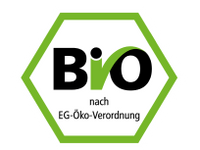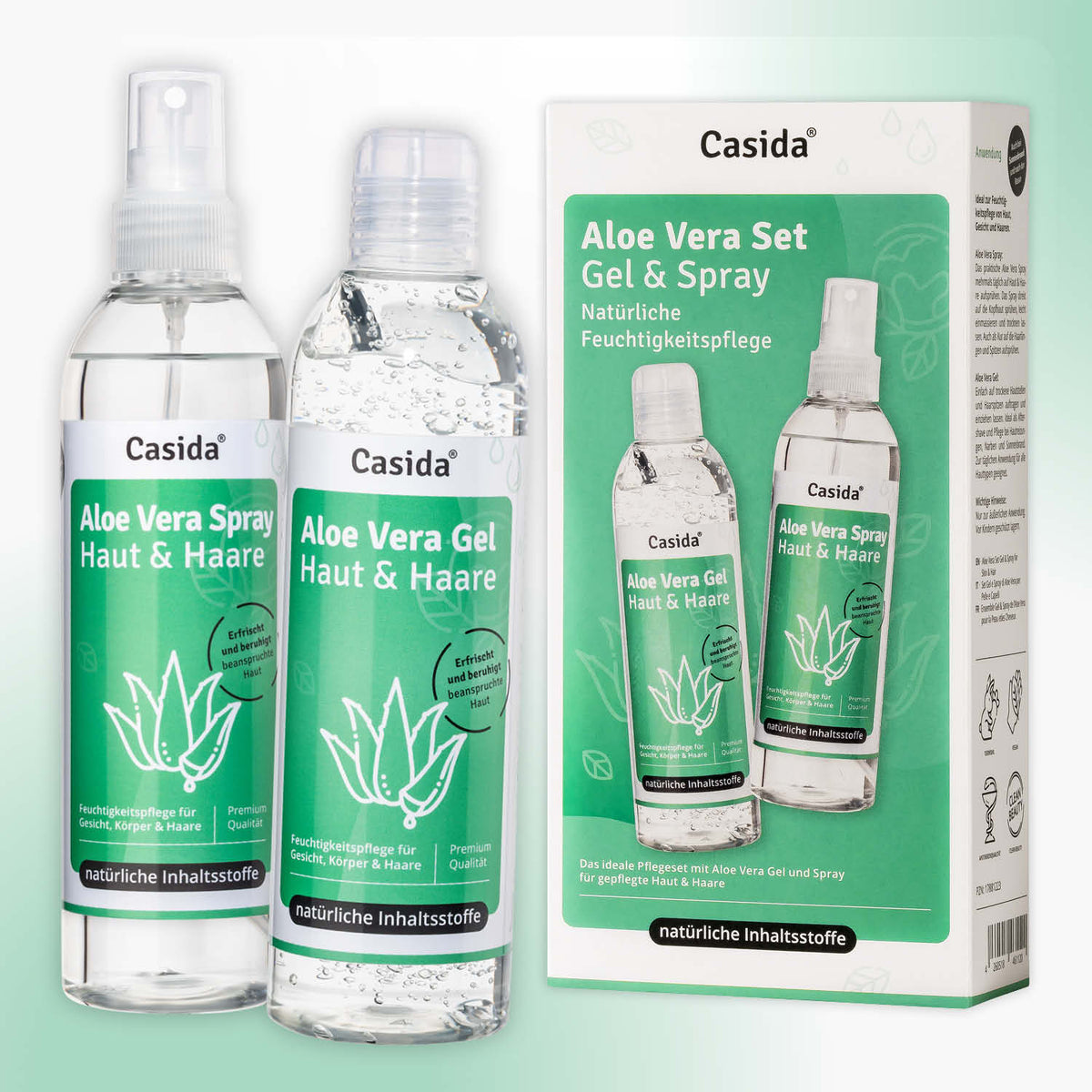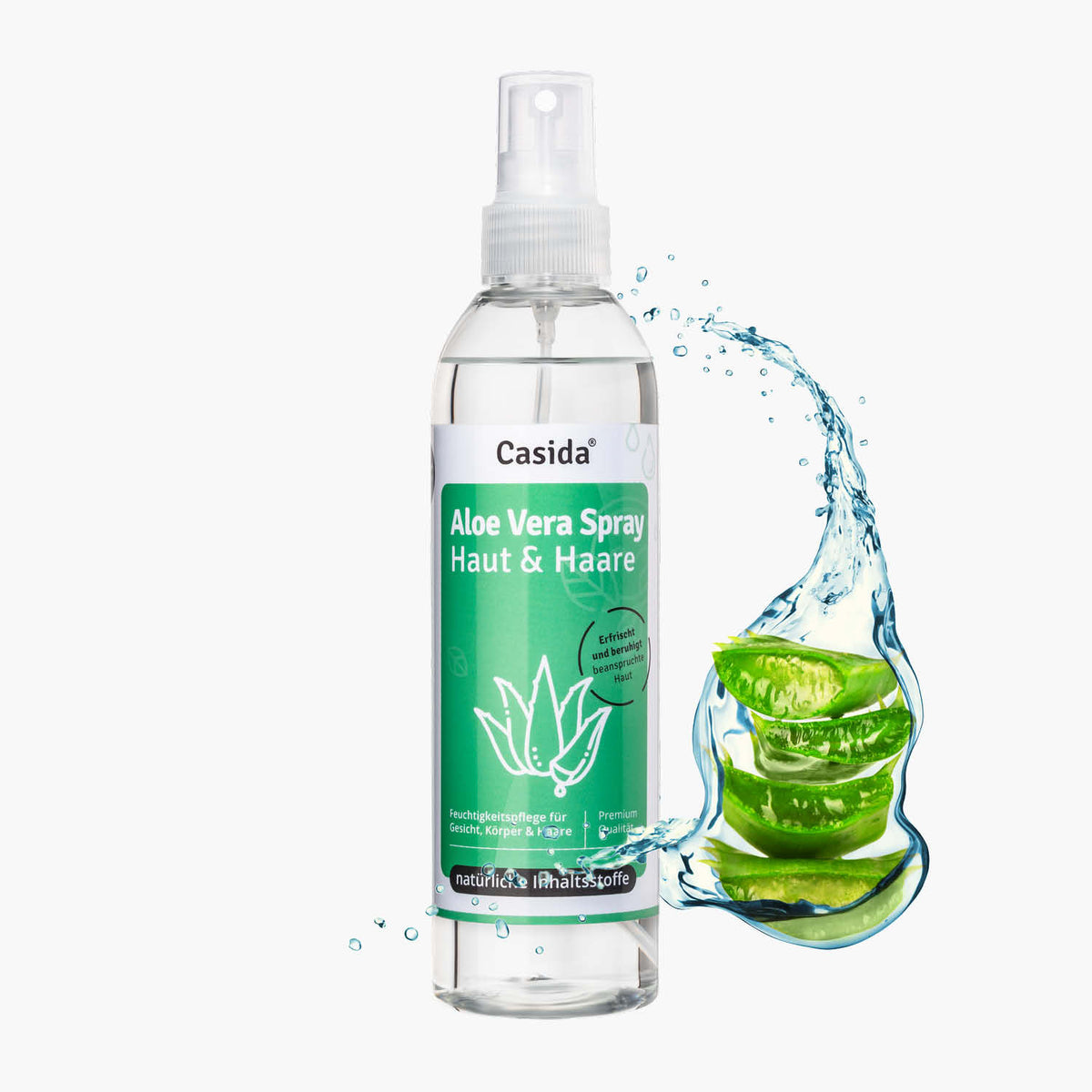Spring! We think of warming rays of sunshine, delicate greenery and excursions into nature. And we are already in the middle of hay fever season again. The awakening of nature marks the start of a particularly stressful time for many allergy sufferers. When numerous grasses are in bloom, itchy, swollen eyes, sneezing, runny nose or even a blocked nose are common symptoms of the unpopular hay fever.
Table of contents
1. why do allergies and hay fever develop?
Our gut plays a central role in every allergic reaction. The immune system overreacts in the event of an allergy. Harmless substances become allergens. In order to calm the hypersensitive immune system, the intestinal flora must be stabilized.
2 Why are probiotics important for the immune system?
Probiotics contain live strains of bacteria that have positive effects on health and well-being. If these helpful bacterial strains are administered together with nutrients such as inulin, they are referred to as synbiotics. They should be taken for 3 to 6 months so that the microbiome can build up permanently. This "bacterial lawn" protects the sensitive intestinal mucosa. The immune system comes to rest and is better able to distinguish between harmless pollen and dangerous pathogens to which it should react effectively.1
3. tips for allergy sufferers and hay fever sufferers
Intestinal cleansing requires patience and perseverance. You should follow these tips until the effects take effect:
- Shower and wash your hair in the evening to reduce pollen exposure while you sleep.
- Do not take off or store clothes that may bring pollen into your home in your sleeping area.
- Do not dry laundry outdoors.
- Use times when the pollen count is lower to air your home: in rural areas in the evening, in urban areas in the early hours of the morning or during or after rain.
- Have the pollen filter in your car checked and serviced regularly.
- Give preference to vacation regions by the sea or in the high mountains.
We wish you a relaxing spring and summer!
Read more in the Casida guide:
Sources & further links:
- German Lung Foundation e.V. "Can probiotic foods alleviate hay fever?" (2008) Article available online: https://www.lungenaerzte-im-netz.de/news-archiv/meldung/article/koennen-probiotische-lebensmittel-heuschnupfen-lindern/
- ECARF "Less hay fever due to probiotics" (2020), article available online: https://www.ecarf.org/weniger-heuschnupfen-durch-probiotika/
- Jakubczyk, Dominika and Górska, Sabina: "Impact of Probiotic Bacteria on Respiratory Allergy Disorders" In: Front. Microbiol., 21 June 2021, article available online: https://doi.org/10.3389/fmicb.2021.688137
- Michail, Sonia: "The role of Probiotics in allergic diseases" In: Allergy, Asthma & Clinical Immunology volume 5, Article number: 5 (2009) Article available online: https://aacijournal.biomedcentral.com/articles/10.1186/1710-1492-5-5
- Dissertation by Hennen, Marcel (2009) Regulatory influences of probiotic bacteria on allergic immune responses, available online: https://archiv.ub.uni-marburg.de/diss/z2009/0044/pdf/dmh.pdf
- Fuller, R. (1989): Probiotics in man and animals, article available online: https://pubmed.ncbi.nlm.nih.gov/2666378/
Important note / disclaimer: As pharmacists, we share our pharmaceutical expertise and wealth of naturopathic experience in the Casida guide. An individual diagnosis and consultation is necessary in every case. Therefore, this offer cannot replace medical advice. It is not intended to treat, cure or prevent any disease. It is not a substitute for medication or other treatments prescribed by a doctor.







